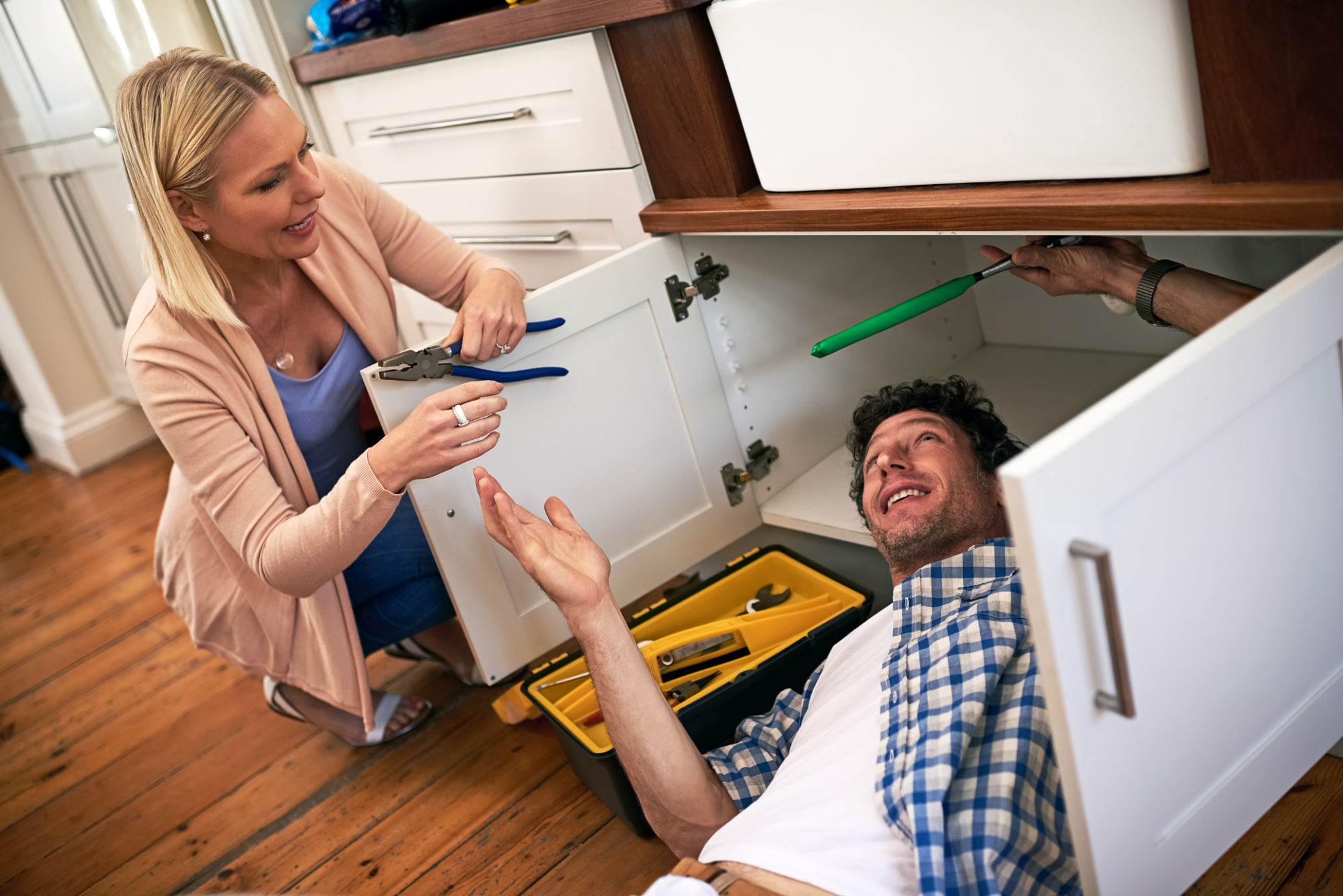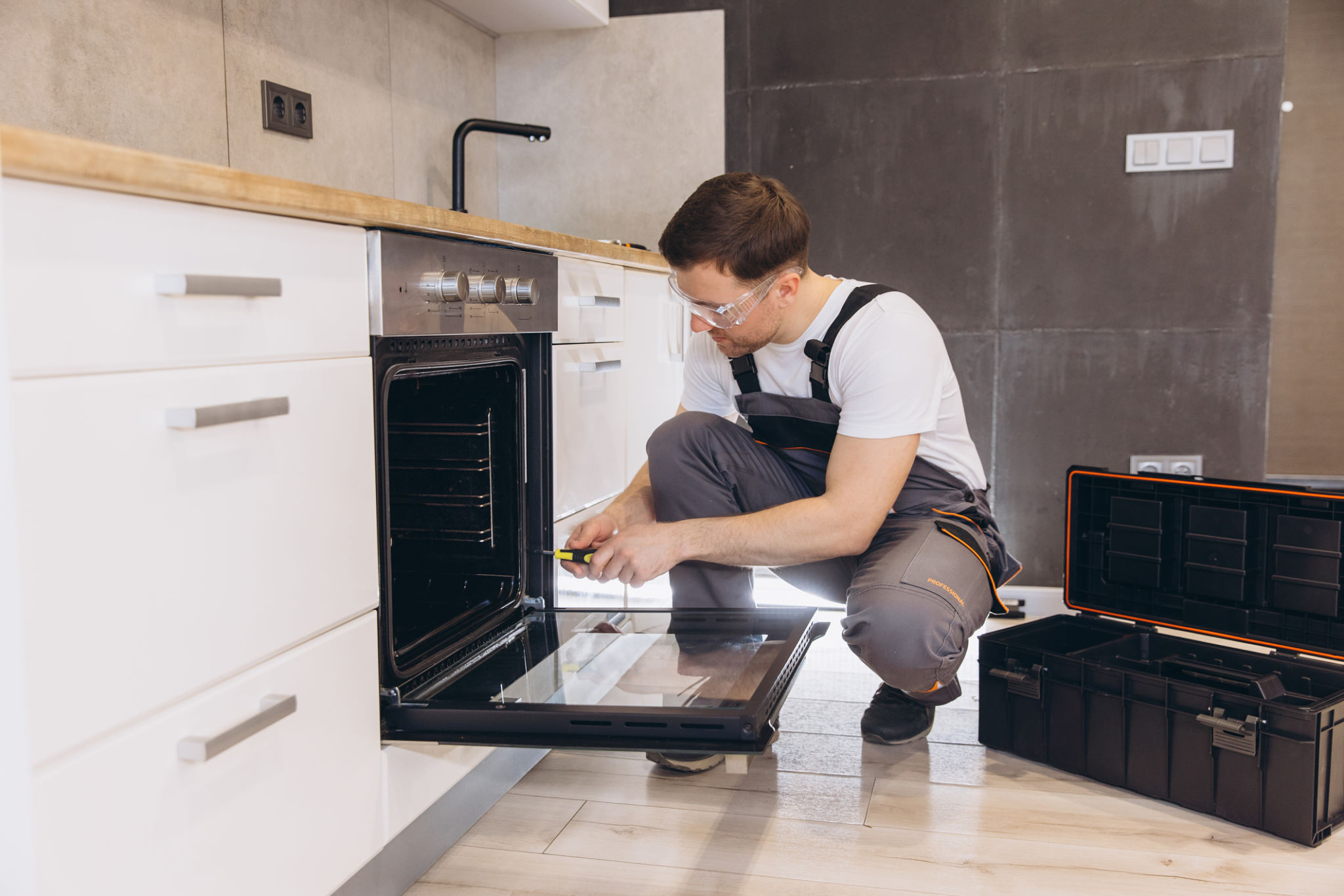Understanding the Appliance Repair Process: What to Expect
QS
Introduction to Appliance Repair
Dealing with a broken appliance can be a frustrating experience, especially when you rely on it for your daily routine. Understanding the appliance repair process can help alleviate some of that stress and allow you to navigate the situation with more confidence. From diagnosing the issue to having it resolved, knowing what to expect can make the entire process smoother.
Before diving into the repair process, it's essential to determine whether it's worth repairing your appliance. Consider factors such as the age and condition of the appliance, the cost of repair versus replacement, and the potential longevity of the repaired appliance.

Common Steps in the Appliance Repair Process
Diagnosis
The first step in the repair process is diagnosing the problem. A professional technician will typically begin by asking questions about the appliance's symptoms and performance issues. They may also inspect the appliance physically to identify any visible signs of damage or malfunction.
Once a preliminary assessment is made, the technician might use specialized tools and diagnostic equipment to pinpoint the exact issue. This step is crucial to ensure that the correct repairs are performed and to avoid unnecessary costs.

Repair Estimate
After diagnosing the problem, the technician will provide you with a repair estimate. This estimate should detail the parts and labor required to fix your appliance. It's essential to review this estimate carefully to understand what you are being charged for and whether it aligns with your budget.
In some cases, you may have options for repairing or replacing parts, which can influence the overall cost. Don't hesitate to ask questions if anything is unclear, as transparency is key in this phase.

The Repair Process
Parts Ordering
If the repair requires new parts, they may need to be ordered. Depending on the availability, this could take anywhere from a few days to several weeks. Some technicians may have common parts in stock and can perform repairs immediately, while others might need to wait for parts delivery.
During this waiting period, it's good to communicate with your technician about any updates or changes. Staying informed ensures that you are aware of when your appliance will be back in working order.
Repair Execution
Once all necessary parts are available, the technician will proceed with the repair. This involves disassembling parts of the appliance, replacing or fixing components, and reassembling everything back together. Skilled technicians will ensure that each step is performed carefully to restore your appliance's functionality.
After completing the repair, technicians typically run tests to verify that everything is working correctly. This quality check is vital to ensure that the appliance operates as expected and that no further issues are present.

Post-Repair Considerations
Once your appliance is repaired, it's wise to discuss post-repair care with your technician. They might offer tips on maintenance and ways to avoid future issues. Proper care can prolong the lifespan of your appliances and enhance their efficiency.
Additionally, inquire about any warranties or guarantees on the repair work. Many services offer limited-time warranties on parts and labor, providing peace of mind in case any issues arise shortly after the repair.
Conclusion
Understanding the appliance repair process can transform an overwhelming situation into a manageable one. By knowing what to expect during diagnosis, repair estimation, parts ordering, and execution, you can make informed decisions and ensure a successful repair experience. With proper communication and attention to detail, getting your appliances back in working order becomes a straightforward task.

